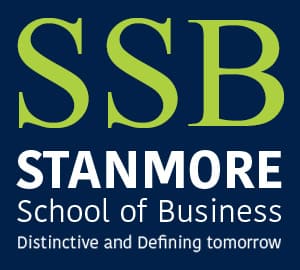Diploma in Risk Management: A Catalyst for Success in the UK Job Market
-- viewing nowRisk Management is a crucial aspect of modern business operations, and a Diploma in Risk Management can be a catalyst for success in the UK job market. With the increasing complexity of global markets, companies are looking for professionals who can identify, assess, and mitigate risks to ensure business continuity and growth.
6,825+
Students enrolled
GBP 140
GBP 202
Save 44% with our special offer
About this course
100% online
Learn from anywhere
Shareable certificate
Add to your LinkedIn profile
2 months to complete
at 2-3 hours a week
Start anytime
No waiting period
Course details
Career path
| Role | Percentage |
|---|---|
| Risk Manager - Responsible for identifying, assessing, and mitigating risks to an organization's assets and operations. | 30% |
| Compliance Officer - Ensures that an organization's activities comply with relevant laws, regulations, and industry standards. | 20% |
| Business Analyst - Works with stakeholders to identify business needs and develop solutions to improve organizational performance. | 15% |
| Internal Auditor - Conducts independent audits to evaluate an organization's internal controls and risk management processes. | 10% |
| Insurance Underwriter - Evaluates and assesses the risk of insuring individuals or organizations against potential losses. | 5% |
| Regulatory Affairs Specialist - Ensures that an organization's activities comply with relevant laws, regulations, and industry standards. | 5% |
| Operational Risk Manager - Identifies, assesses, and mitigates risks associated with an organization's day-to-day operations. | 5% |
Entry requirements
- Basic understanding of the subject matter
- Proficiency in English language
- Computer and internet access
- Basic computer skills
- Dedication to complete the course
No prior formal qualifications required. Course designed for accessibility.
Course status
This course provides practical knowledge and skills for professional development. It is:
- Not accredited by a recognized body
- Not regulated by an authorized institution
- Complementary to formal qualifications
You'll receive a certificate of completion upon successfully finishing the course.
Why people choose us for their career
Loading reviews...
Frequently Asked Questions
Course fee
- 3-4 hours per week
- Early certificate delivery
- Open enrollment - start anytime
- 2-3 hours per week
- Regular certificate delivery
- Open enrollment - start anytime
- Full course access
- Digital certificate
- Course materials
Get course information
Earn a career certificate

